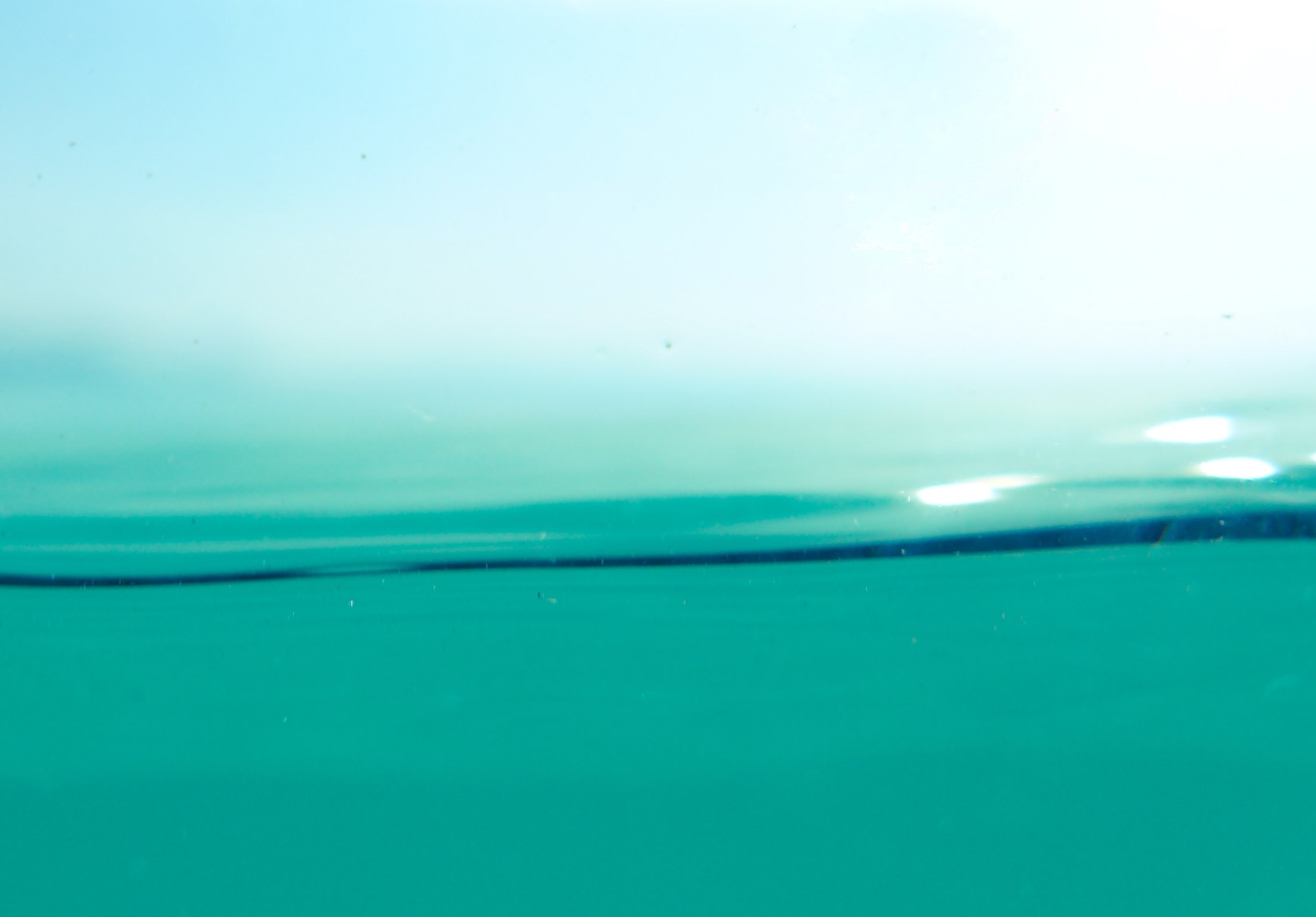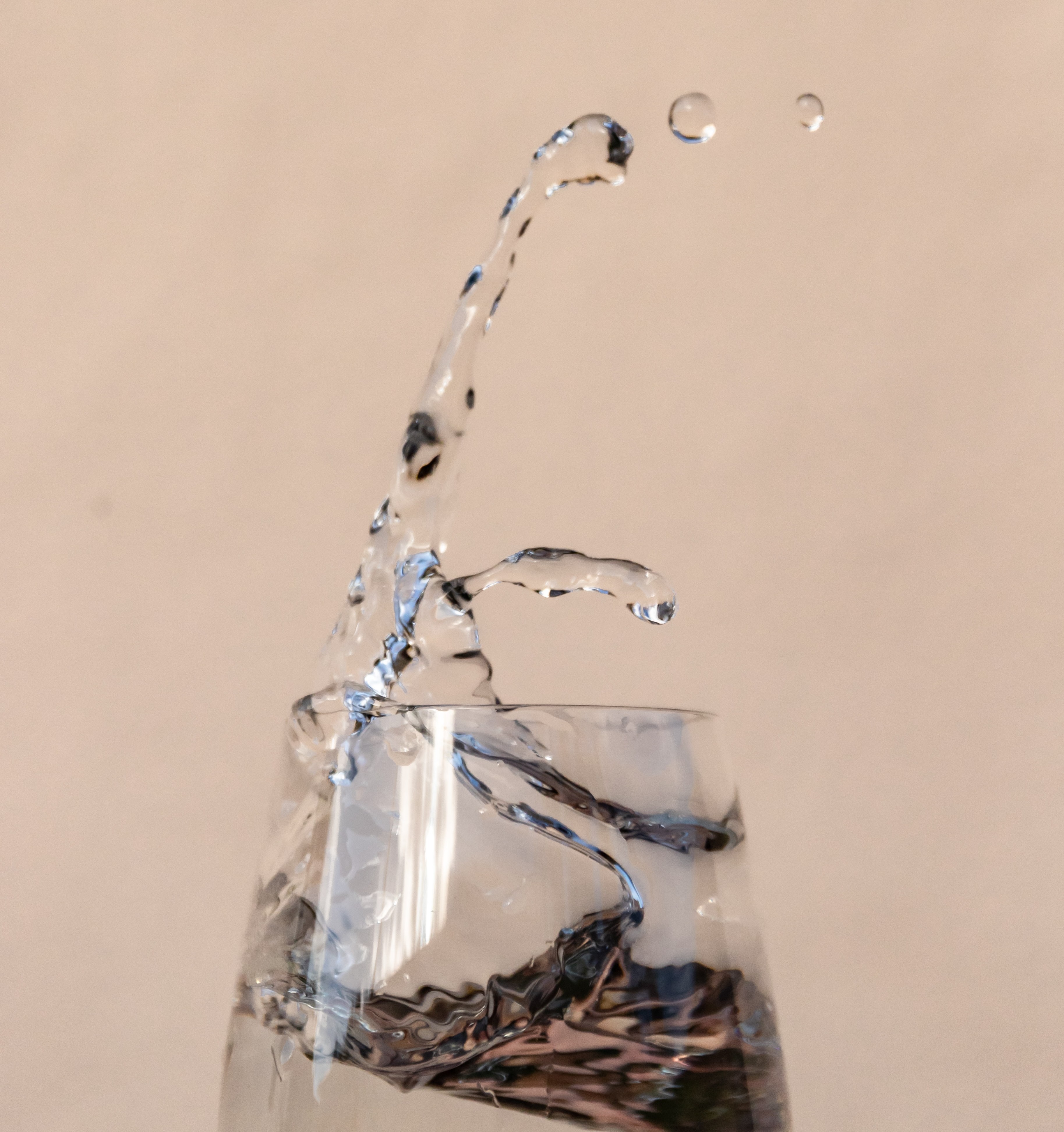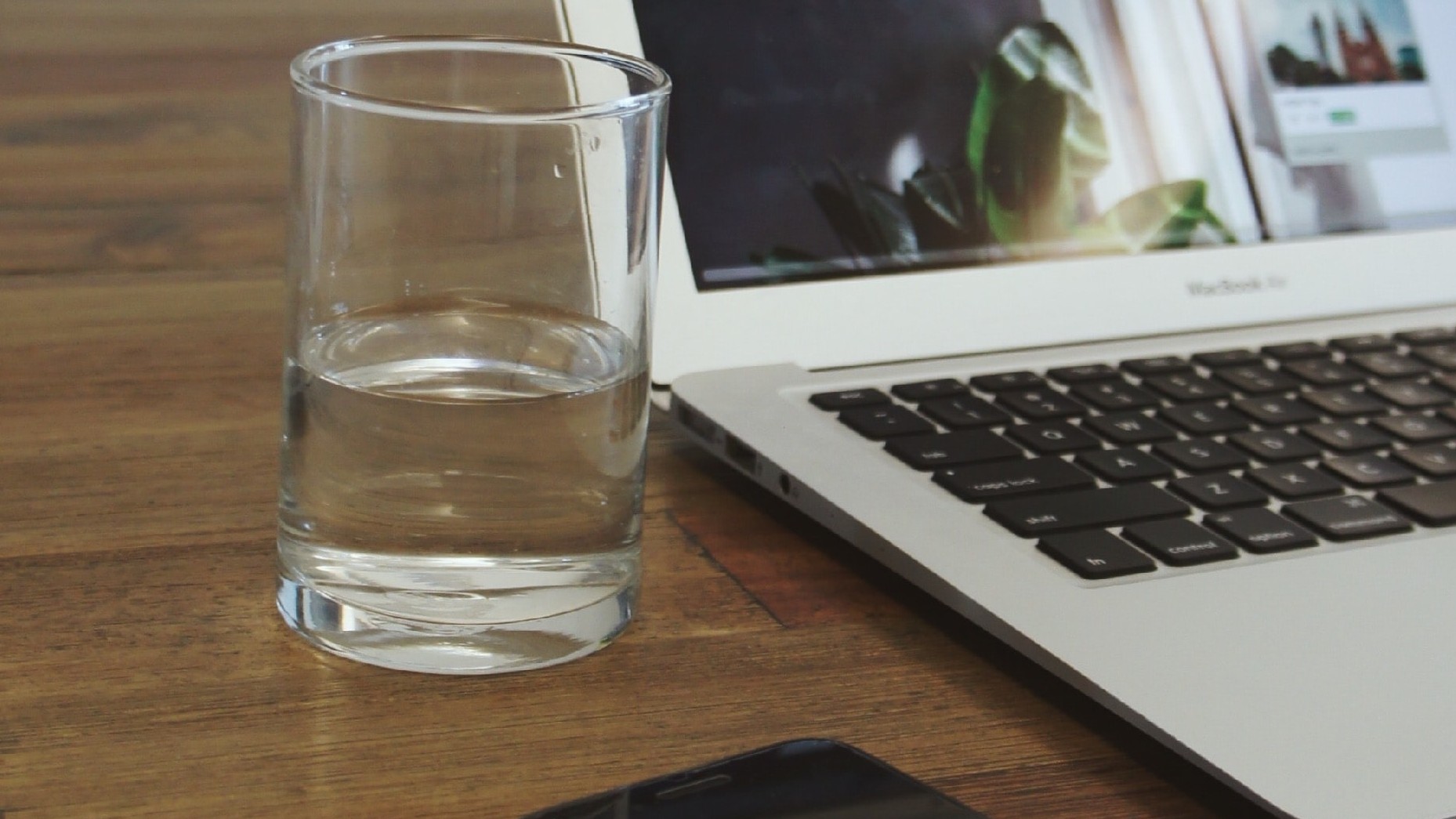Consuming extra water has long been touted as a miracle cure for hair health. But is there any truth to this claim, or will it evaporate when exposed to heat?
To find out more, we talked to the experts.
Our sources: Dr. Leann Poston is a former Assistant Dean and Director of Admissions at Wright State University Boonshoft School of Medicine. She is an award winning medical educator, and is now a full time medical communications writer. Dr. David Belk is a contributor to The Huffington Post and is the author of The True Cost of Healthcare. He runs a solo medical practice in Northern California.
Will drinking water make your hair grow?
Dr. Poston says that adding extra water won't do much for your hair, unless you're chronically dehydrated.
She writes, "drinking water will not affect hair growth unless you are dehydrated over a long enough period of time that it decreases blood flow to your scalp and hair follicles."
Why won't extra water make a difference for hair?
Hair is kind of a finicky thing. It knows exactly how much water it needs, and won't take a drop more, even if it's available.
It's a similar situation to hair supplements -- you can consume as many nutrients as you'd like, but your hair is only going to use the bare minimum. Anything extra will be excreted from your body.
Dr. Belk adds: "Drinking extra water does increase your need to go to the bathroom, but I don't see how that could be a benefit. On average, most people drink far more water than they need to and many drink far more than they ought to."
The bottom line: chugging water won't make a difference in your hair unless your body is already dehydrated. But if you're dehydrated, you should drink some water ASAP.
 Can dehydration cause hair loss?
Can dehydration cause hair loss?
Short term dehydration does not cause hair loss. Chronic dehydration, however, can play a role in hair loss.
So if you're dehydrated, how do you know if what you're experiencing is mild or chronic? And what's the difference?
Mild dehydration is something that we've all experienced. It occurs when fluid loss or diminished fluid intake (eg: you didn't consume enough liquids) leads to a decrease in total body water content.
You might become mildly dehydrated if you:
-
Exercise for a long time.
-
Become ill and throw up.
-
Become ill and run a high fever.
-
Drink a large amount of alcohol.
-
Skip out on water-heavy foods, like fruits and vegetables, for a few days.
-
Drink less water than usual for a few days.
- Spend the day outside in hot weather.
All of these factors are temporary. If you get sick with a fever, the fever eventually goes away. If you spend a day outside, you eventually go inside. If you exercise, you eventually stop to rest.
Once the problematic factor is resolved, the dehydration is pretty easy to fix. Add a few glasses of water and a nap, and you (and your hair) should be fine.
The bottom line: we all get dehydrated at least once in a while. While it's uncomfortable, mild dehydration is pretty easy to resolve.
Chronic dehydration is less easily fixed. While mild dehydration is usually temporary, chronic dehydration is something that occurs over a long period of time.
You might experience chronic dehydration if you:
-
Have a condition that causes your body to expel water. Examples include inflammatory bowel disease, irritable bowel syndrome, and Crohn's disease.
-
Don't consume or have access to water-heavy foods.
-
Work at a place where you don't have regular access to water.
-
Work a job that requires physical labor.
-
Frequently binge drink alcohol.
-
Frequently exercise without water breaks.
-
Live in a hot area.
Chronic dehydration is problematic. The human body needs water to function -- in its long-term absence, organs fail to work normally.

When it's dehydrated over a long period of time, the human body prioritizes the parts that are necessary for life. Your body takes the water that's available and sends it along to your vital organs to keep you alive.
Your hair, along with your skin and nails, is part of the integumentary system. Your body considers the integumentary system to be non-essential, and less important than vital organs like your kidneys, lungs, and heart.
All the water that would have been normally sent to your hair, skin, and nails, is redirected to where it's most needed. Even though your hair only wants a very small amount of water to grow, it doesn't get even that.
Since your hair follicles lack water, they will stop producing new hair. If you're chronically dehydrated, your follicles won't grow enough hair to replace the strands that are shed naturally, resulting in hair thinning.
The bottom line: chronic dehydration is dangerous to not just your hair, but your entire body. It can be contributed to by environmental and personal factors. If you think you might be experiencing chronic dehydration, we recommend you speak to a doctor.
Wanna learn even more about haircare? Here's what you should check out next:
What Does Chlorine Do To Your Hair?
Spoiler: It's not good for it.
Does Hair Color Expire?
Pssst -- if you think your hair color has expired, you should go ahead and ditch it.
Hair Botox 101
The heck is "blotox" anyway?
How To Sleep With Curly Hair
Sleep easy with your curls secured.
Ouidad Cut 101
Is this the right curl-cut for you?


 Can dehydration cause hair loss?
Can dehydration cause hair loss? 
